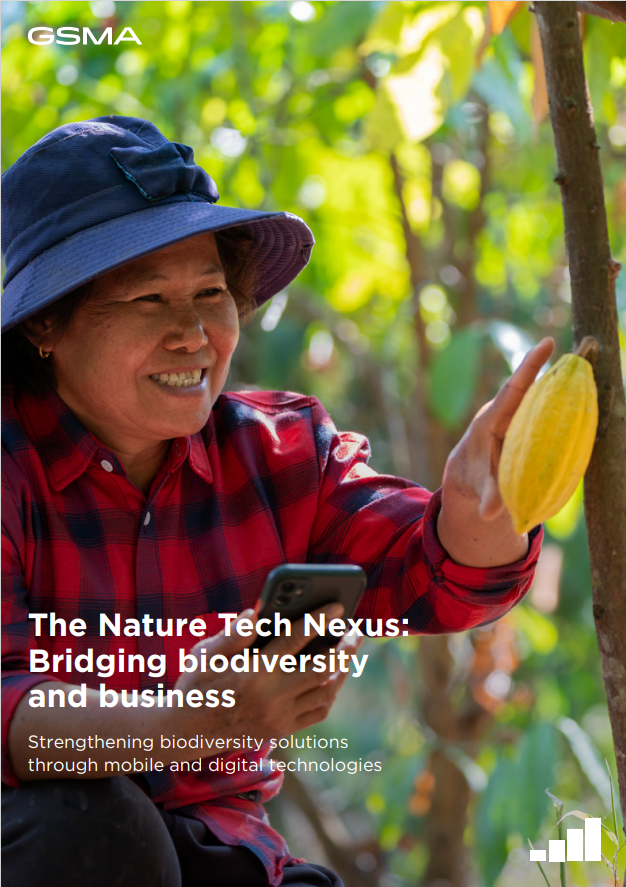Biodiversity loss, driven primarily by human activities, is one of the most pressing environmental challenges of our time. The decline in species diversity and ecosystem health not only threatens countless plant and animal species but also undermines human well-being, including food security, water access, and livelihoods – particularly in low- and middle-income countries.
Scaling effective, high-impact innovative technological solutions could be pivotal for stemming, and ultimately reversing, biodiversity loss. While numerous mobile and digital solutions are being leveraged worldwide, most start-ups developing them are still in early stages and rely heavily on grant funding. A better understanding is needed of viable business models and revenue streams capable of directing financing to these solutions and helping them to scale.
Simultaneously, the private sector faces increasing pressure to demonstrate commitment to biodiversity targets, driven particularly by new regulations and international agreements. This has led to companies, including Mobile Network Operators (MNOs), developing biodiversity strategies, setting targets, and implementing monitoring and reporting systems.
New research from the GSMA ClimateTech programme, produced in collaboration with research partner Nature^Squared, delves into:
— Mobile and digital solutions addressing biodiversity challenges in the Global South
— Business models and revenue streams that are creating benefits for people, nature and investors
— The role and motivations of mobile network operators engaged in biodiversity action
— Opportunities and tipping points for mobile and digital solutions to strengthen biodiversity, particularly for MNOs and start-ups


